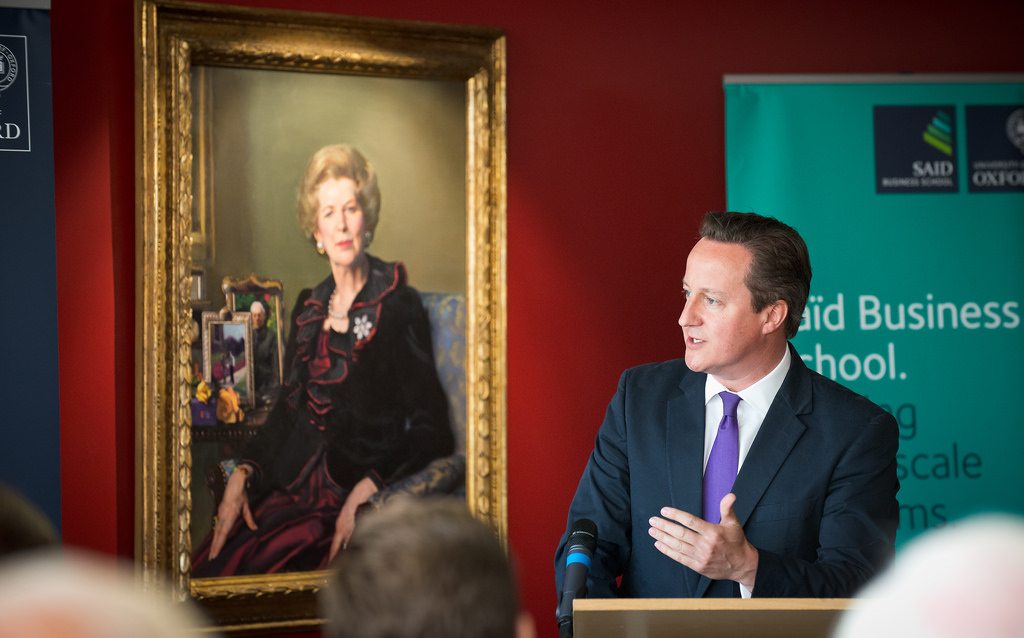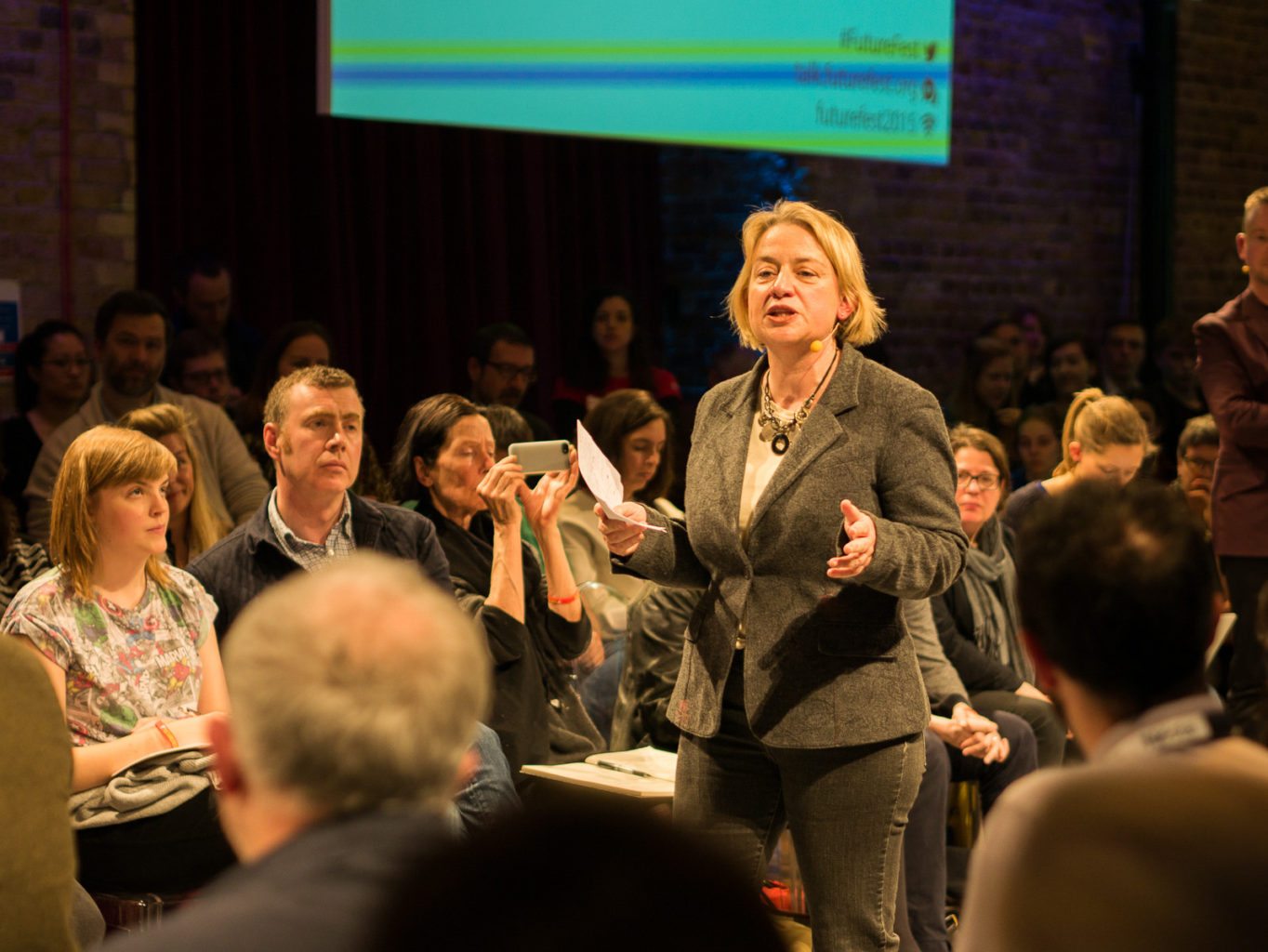GENERAL ELECTION 2015: Healthcare Policy
This week, Niall Johnson, investigates where healthcare policy currently stands and what the five main parties are offering on healthcare in the final push before the general election on 7 May.
THE CURRENT SITUATION
The department of health currently has 18 policies in the areas of healthcare that they cover.
The coalition has made a greater push towards producing legislation regarding mental health and social care.
The amount individuals have to pay for social care has been vastly reduced through the passage of The Care Act.
However, this breakthrough has been countered by the decision made not to protect the social care budget back in 2010, although the NHS has been protected from any real term cuts.
In terms of the size of the workforce, the numbers have remained largely the same since the coalition took over, however there has been a restructuring.
Non-senior managers and infrastructure support staff have seen a massive cut in jobs whilst doctor’s jobs have “risen by 6.9 percent” as of October 2014 as reported by the Guardian.
STUDENT CONCERNS
Waiting times appear to be key issue for students. Many state that their main frustration with health provision is the time taken to get an appointment and the waiting time once at the GP surgery.
First-year Politics and International Studies student Thom Millward said: “In my experience, over the past five years there has been a noticeable increase in the waiting times in such services as A&E and the longer waiting time for GP appointments. This probably stems from cuts to services.”
Natalie Allen, also a first-year Politics and International Studies student, added: “I think the problem stems from how GP surgeries are operated at a local level and more needs to be done for patients starting with more appointment times and wider staffing. This in turn would take more pressure off A&E when people feel helpless and end up needlessly increasing wait times there.”
Olivia Brunt, a first-year History of Art student, stated regarding the on campus health centre: “They are really lovely in the health centre and I’ve had no issue with the service they provide, but I’ve never had an appointment on time and wait times average out for me at around five days.”
Many students at Warwick have also advocated the need for greater mental health provision. President of the Students’ Union, Cat Turhan wrote earlier this year: “We need to have mental health on the agenda all the time, because it’s too important to stay silent.”
CONSERVATIVE POLICY BREAKDOWN
• Pledges to invest £2bn more into frontline health services,
• Everyone in England would have GP access seven days a week by 2020
• Increase GP surgery opening hours – 8am to 8pm.
• Plans to recruit 5,000 more doctors to increase GP access.
• No cuts to the NHS
• Increased spending in research to combat genetically transmitted diseases
• Plans for an annual review into avoidable deaths to improve patient care
THE CONSERVATIVE PLAN
The current majority party in Government, the Conservative Party, have not released a fixed policy for their outlook for Healthcare following May 2015.
The general rhetoric they have set out is that the NHS cannot function effectively without a strong economy and have so far mainly detailed the long-term economic plan.
Political commentators often highlight that it is not usually beneficial for the Conservatives to have expansive debates on the NHS around election time, as ideologically, the other parties tend to offer greater support for the NHS.
However, David Cameron has set out to safeguard healthcare by promising not to reduce the NHS budget. He stated in January “not a penny” would be cut from the NHS.
Whilst health is not in the Conservatives top six election priorities, the current Health secretary, Jeremy Hunt, has detailed plans for greater commissioning and reviews of the NHS. He has stated that he hopes this will place the patient as the top priority.
GREEN PARTY POLICY BREAKDOWN
• Fight for a publicly funded, publicly provided health service free at the point of use.
• End the privatisation of the NHS and repeal the Health and Social Care Act 2012.
• Make mental health a much higher priority with resources to match this status.
• Provide funding for research into the optimal ways for mental health services to be delivered.
• Encourage mental health awareness training within the public sector.
• Develop health services which place as much emphasis on illness prevention.
• All healthcare will be provided equally to all people to all regardless of economic or social status.
• Funding will be diverted towards community healthcare, illness prevention and health promotion
• All new Mothers and their partners will be offered a full range of psychological support after birth.
• Education in schools to prevent illness by informing children about health.
THE GREEN PARTY PLAN
The Green Party have set out their position as being well away from the major parties.
They believe that continuing with the three major parties in Government will not halt further privatisation of the NHS.
The party has adopted the slogan ‘Taking Back Our Health Service’, and claim that they seek to end the influence of market forces and the concept of competition that they feel currently exists in the NHS.
Policy states that the party wants to turn the emphasis to service and individual care over complete efficiency.
There is a particular push towards improving the care of mentally ill patients. One of the issues they see is a severe underfunding of services provided, resulting in stretching those that currently exist.
The Greens state that this is due to an ignorance regarding the widespread existence of mental problems and that they can affect anyone. In particular they note that 10 percent of children are suffering from a mental health problems.
Their policy also highlights the current shortcomings in mental healthcare provision: “The Green Party recognises that mental health services in the UK are overstretched, that people are not being assessed quickly enough and many people needing treatment are not getting access to services at all.”
LABOUR POLICY BREAKDOWN
• Recruit 20,000 more nurses and 8,000 more GPs paid for by a tax on properties worth £2 million or more.
• Guarantee a GP appointment within 48 hours – and on the same day for those who need it.
• Repeal the Tories’ Health and Social Care Act.
• Integrate health and social care services into a system of “whole-person care”.
• Give mental health greater priority, with a new right to access talking therapies in the NHS Constitution.
• Guarantee that patients will wait no longer than one week for vital cancer tests and results by 2020.
• When changes are proposed to local NHS services, patients and the public should be included in discussion.
THE LABOUR PLAN
Labour has not released a full manifesto yet. However, in their current pledge letter written by Ed Miliband, the very first paragraph states that the Labour party will work towards “ensuring…that the NHS has time to care for those that need it most.”
At the core of Labour’s pledge is to “ensure the NHS has time to care with 8,000 more doctors and 20,000 more nurses, funded by a mansion tax on homes worth over £2m.”
Miliband hopes to place “people” at the forefront of thinking regarding the NHS, steering it away from bureaucracy and the market.
This push places an emphasis on reducing waiting times. Labour state: “One in four patients wait a week or more to see or speak to a GP.”
LIB DEM POLICY BREAKDOWN
• Guarantee the NHS budget will rise by at least the rate of inflation every year.
• Commission a Fundamental Review of NHS and social care finances in 2015.
• Keep waiting times down.
• Access based on need and not on ability to pay and that NHS remains free at the point of delivery.
• Secure local agreement on and pooling of budgets between the NHS and social care.
• Encourage GPs to work together to improve access and availability of appointments, including out of hours.
• Incentivise GPs and other community clinicians to work in more disadvantaged areas.
• Act to improve the mental health of children and young people.
• Deliver genuine equality between mental and physical health.
• Improve access and waiting time standards for mental health services.
• Establish a world-leading mental health research fund to improve understanding of mental illness.
• Do more to tackle the causes of ill health, including promoting healthy eating and exercise.
• Invest in research and set goals to improve outcomes for serious diseases such as cancer and dementia.
THE LIB DEM PLAN
The Liberal Democrats’ current election document opens with the suggestion that solving environmental and social problems may be the key to improving health.
The party has set out out plans to explore the voluntary sector to improve healthcare whilst also promising to increase the current NHS budget by the rate of inflation.
They have suggested that issues such as obesity and heart problems stem from a deeper ingrained societal problem; their policy places greater emphasis on exercise and healthy eating. Liberal Democrat documents also highlight that health issues such as asthma and bronchitis can be eased if air pollution were to be lowered.
A major emphasis on the treatment of mental health remains the dominant narrative, the Lib Dems plan to achieve equal rights for those suffering from mental illness as those with physical illness. They state that their aim is to ensure that waiting times are even, as well as attempting to remove the stigma surrounding mental illness.
Policy also states plans to build on the improved access to talking therapies, which they have already worked upon whilst in Government.
The Lib Dems have also pledged to help carers, stating: “There are more people living with one or more long term conditions than ever before.” They plan to introduce a £250 ‘Carers Bonus’ to allow carers to take a break and highlight their worth to society.
UKIP POLICY BREAKDOWN
• Ensure the NHS is free at the point of delivery and time of need for all UK residents.
• Ensure that GPs’ surgeries are open at least one evening per week, where there is demand for it.
• Oppose plans to charge patients for visiting their GP.
• Ensure that visitors to the UK, and migrants until they have paid NI for five years, have NHS-approved private health insurance as a condition of entry to the UK, saving the NHS £2bn per annum.
• Commit to spending £200m of the £2bn saving to end hospital car parking charges in England.
• Introduce elected county health boards to be more responsive scrutineers of local health services.
• Oppose the sale of NHS data to third parties.
• Ensure foreign health service professionals working in the NHS are fully qualified and can speak fluent English.
• Amend working time rules to give trainee doctors the proper environment to train and practise.
• There will be a duty on all health service staff to report low standards of care.
THE UKIP PLAN
In the UK Independence Party’s ‘Policies for the People’ document, formulated at their most recent conference in Doncaster, they set out a number of policies that they would implement regarding the NHS.
These documents also give mention to healthcare monitoring bodies and how the NHS will operate in relation to both foreign workers and foreign patients.
Located between the sub categories ‘Honouring the Military Covenant’ and ‘Controlling and managing our borders’, UKIP states that it would like the NHS to operate in the same way it always has for UK residents.
However, UKIP have suggested that foreign nationals must purchase NHS approved health care for five years to ensure that they have paid National Insurance for a sufficient amount of time to fund the NHS.
UKIP hasn’t made available in an official document their stance on healthcare beyond how they would operate the NHS.
[poll id=”6″]






Comments